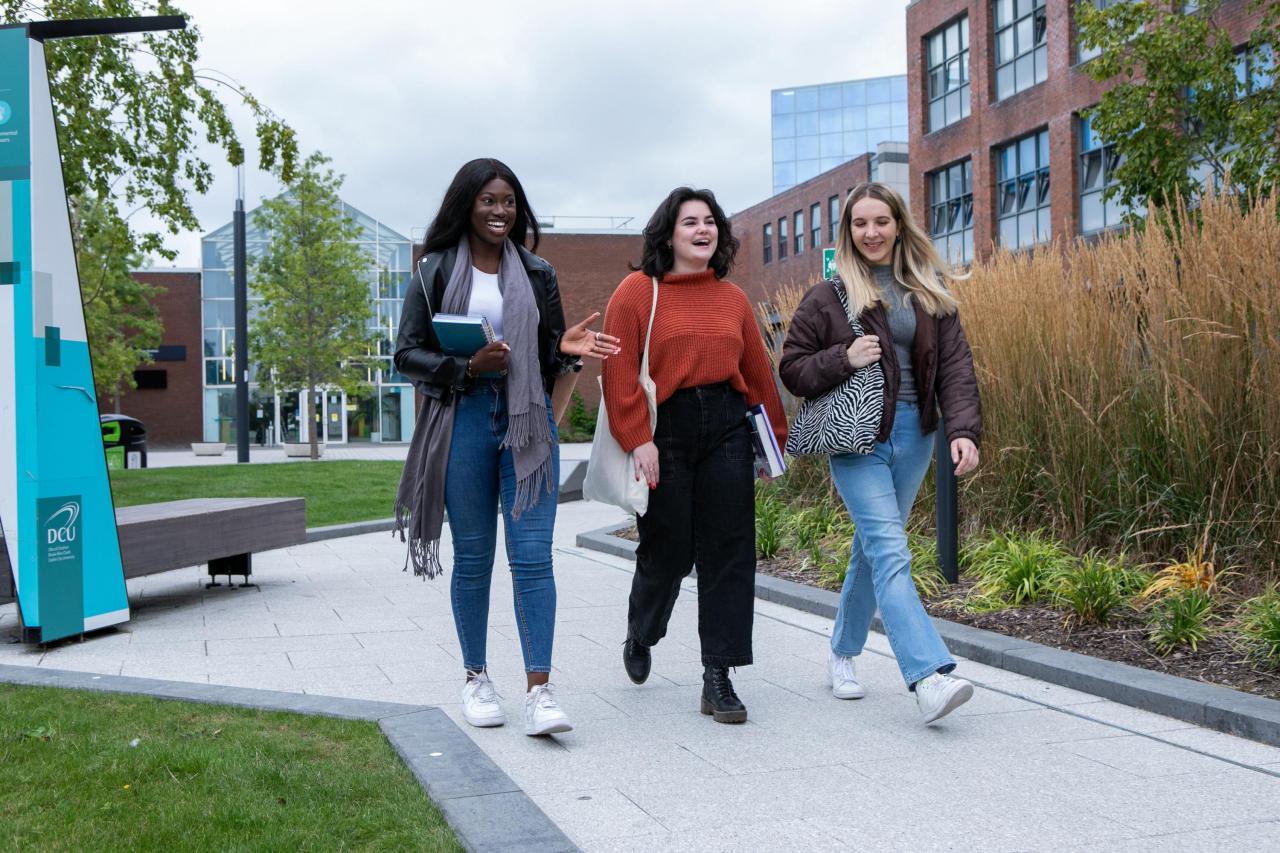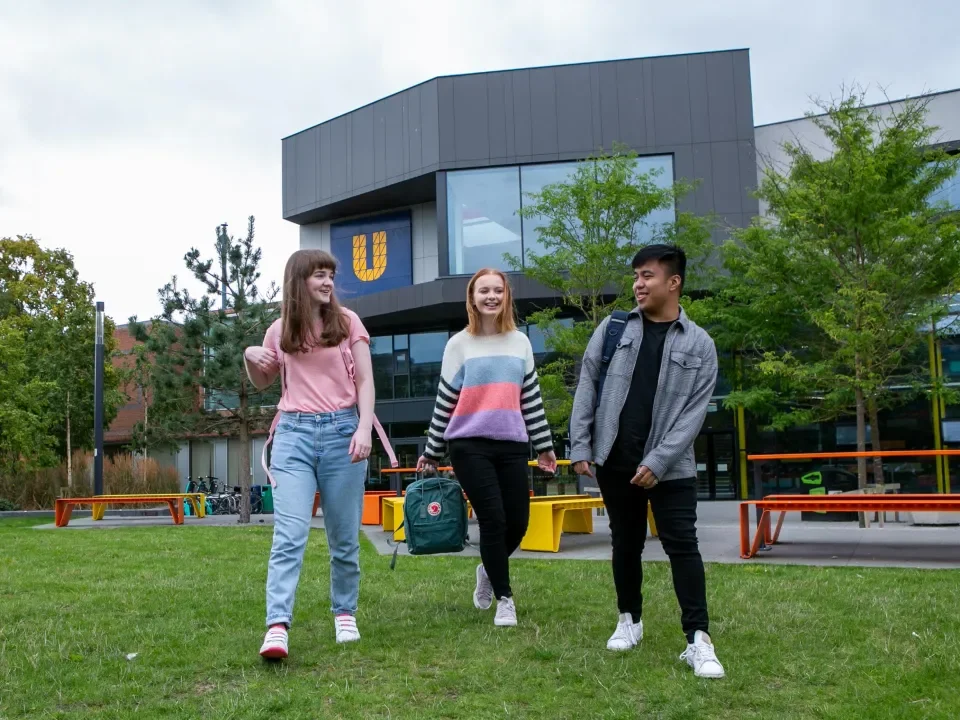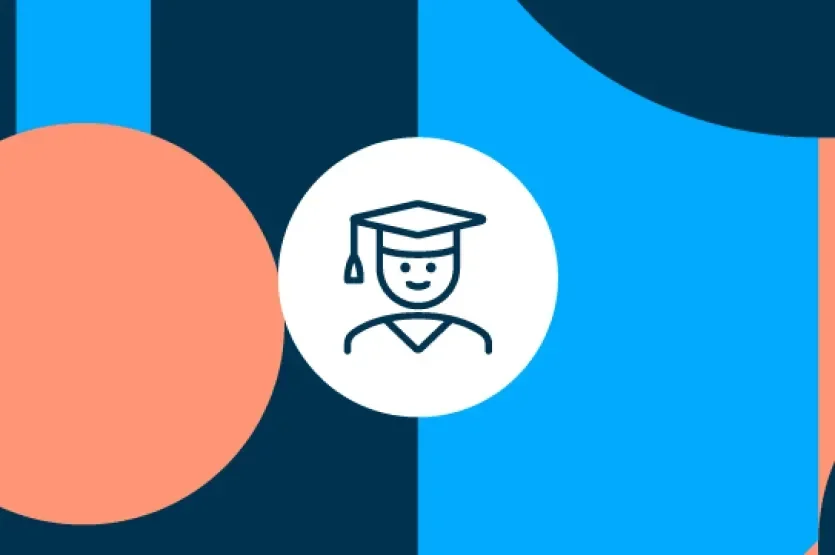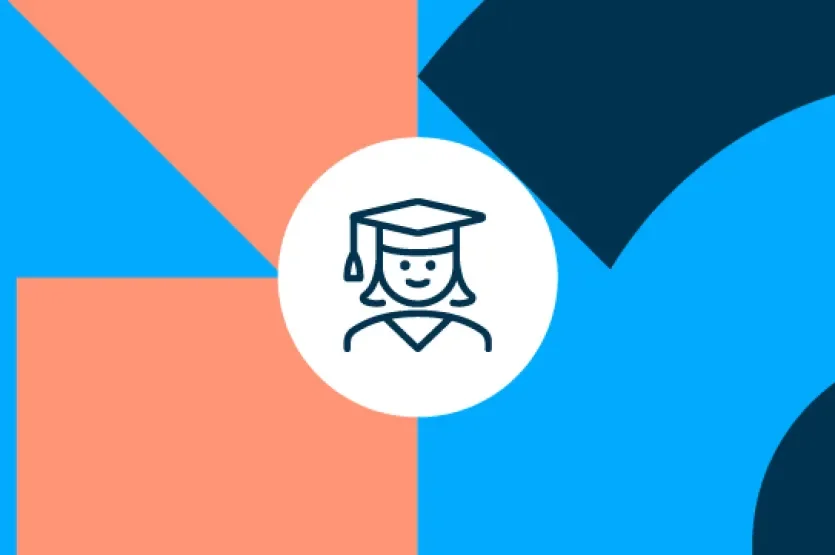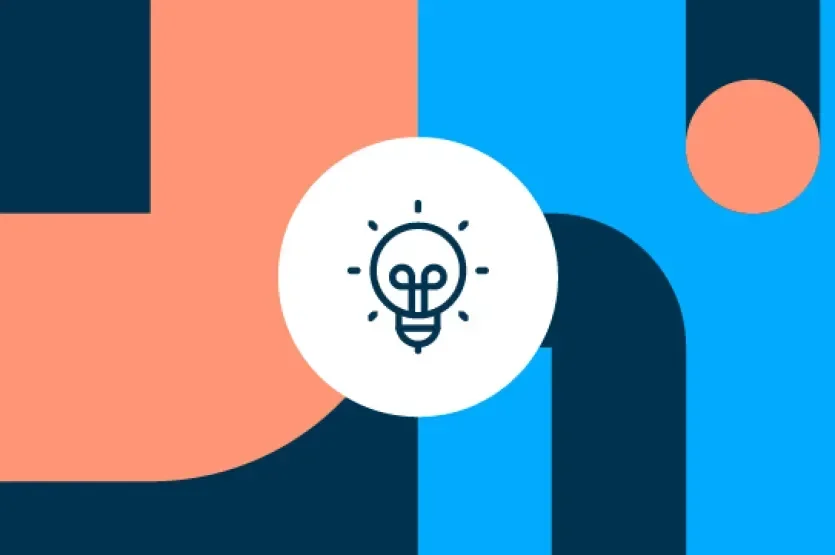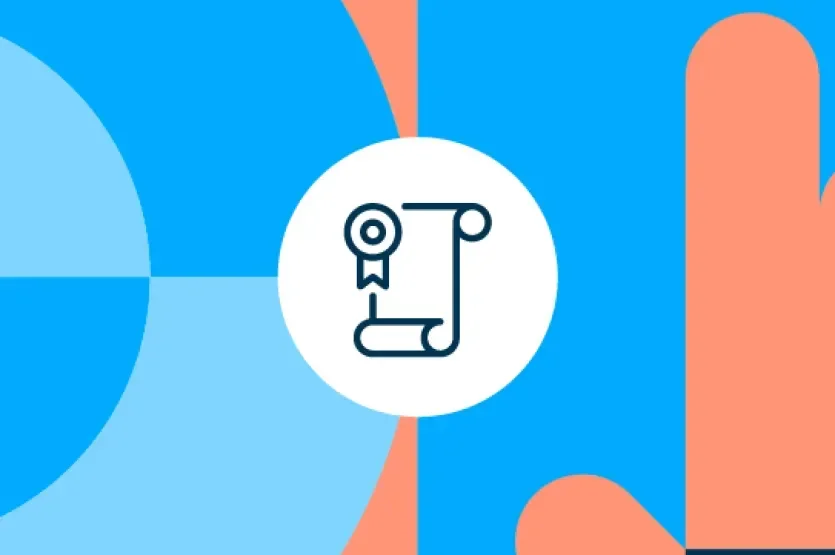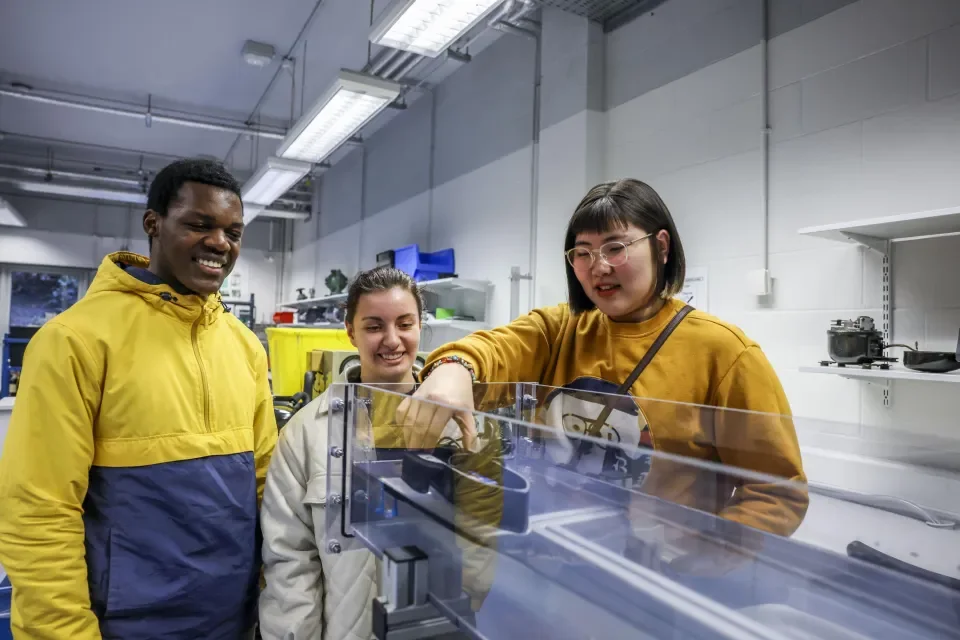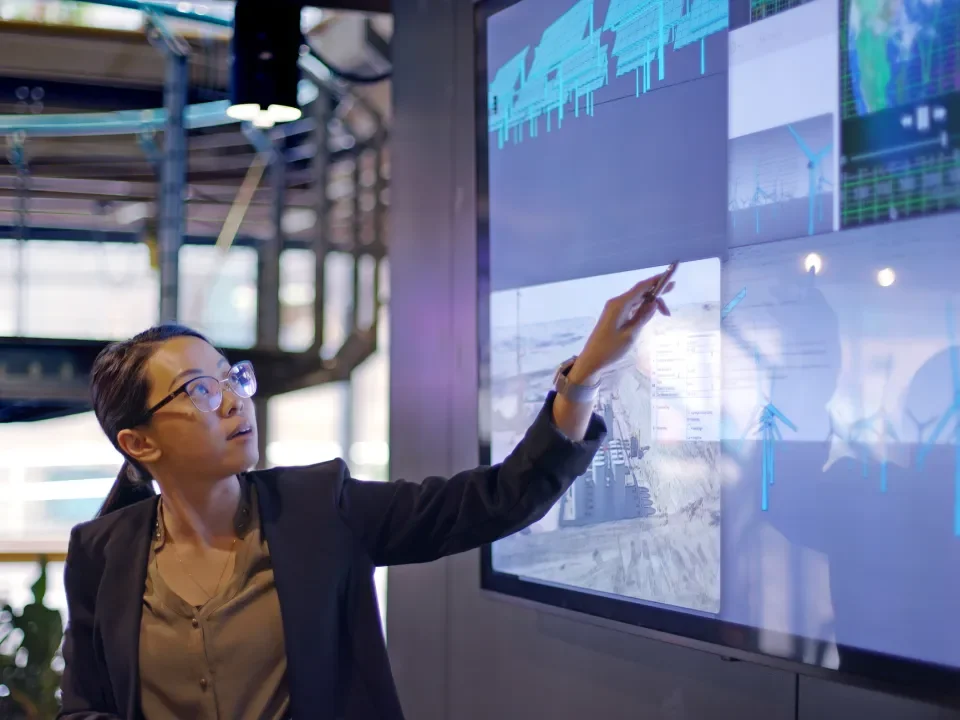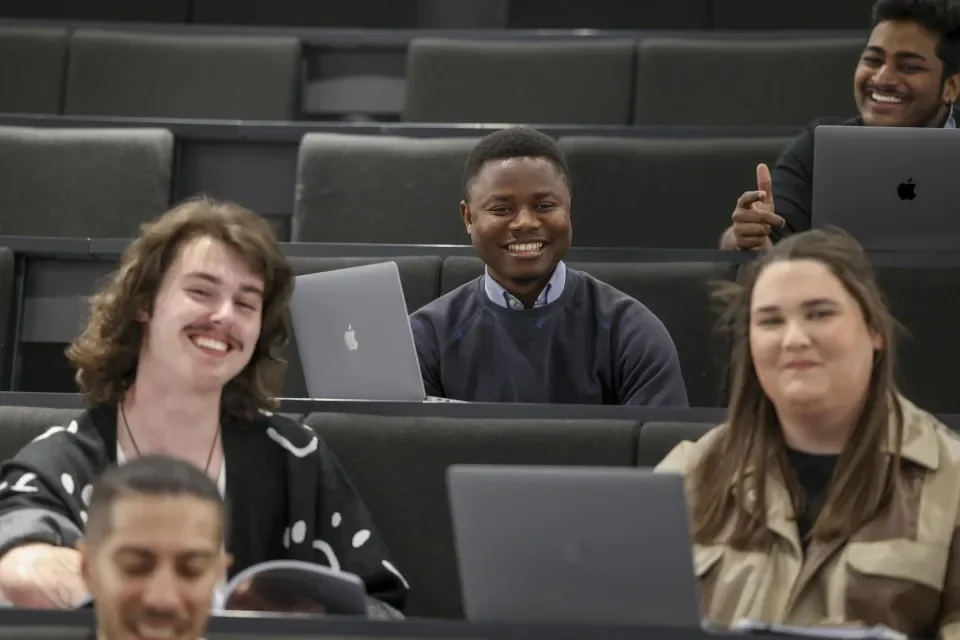Overview
If you want to design creative solutions to real-world problems, you can gain the knowledge and skills you’ll need to make real change happen on the BSc in Global Challenges.
You’ll study diverse social science and technical topics, including cutting-edge emerging technologies and valuable international relations specialisms. You’ll learn through hackathons, gamification and challenge-based team learning.
And you’ll build a toolkit of skills such as leadership, project planning and research. These will enable you to work across multiple disciplines, manage diverse projects and become a thought and action leader of tomorrow.
During the course, you’ll frequently encounter our industry partners during projects, workshops and events.
You’ll also complete a nine-month work placement in third year. By the time you graduate, you’ll be able to develop projects that are technically feasible, and also take into account the social, cultural, economic, political and environmental impact.
You could end up working as a project leader, strategic innovator, digital innovation strategist or similar in the public or private sector.
Why DCU
DCU People
Careers & Further Options
Careers
Employers are already demanding technology-savvy, quantitatively strong generalists and this programme will produce the sort of fit-for-the-future people required. Technology is changing at a rapid rate and organisations need to adapt to keep up in this digital era.
Graduates of the BSc in Global Challenges will be prepared to be future leaders who are big picture thinkers, creative problem solvers, socially engaged and passionate about social and technological innovation.
Graduates will be equipped with the skills to work across disciplines, crossing traditional boundaries in solving complex real world problems. They will have the ability to plan and manage complex projects involving multiple stakeholders.
This will be based on an understanding of the full societal, economic and political impacts of implementing novel technological solutions.
- Business and consulting
- Technology
- Healthcare
- Local authorities and planning
- International development
- Civil Service
- Diplomatic Service
- Non profit sector
- Policy evaluation
DCU graduates are highly sought after by employers. Our Graduates work in environments ranging from large multinationals to SMEs, family businesses and start-ups across every sector.
DCU Careers Service has a number of learning and development initiatives in place for our students, giving them the skills they need for a successful career path.
Entry Requirements
In addition to the general entry requirements for admission to the university the following entry requirements apply
Minimum of H5/O2 in Mathematics
In addition to the general entry requirements for admission to the university the following entry requirements apply
GCE A Level C Mathematics
Please visit our Admissions webpage for details on course requirements or how to apply to DCU.
Please visit our QQI FET webpage for details on DCU courses, open days, campus tours or school visits.
To apply to DCU, please visit www.cao.ie.
No Entry Path
International candidates are expected to have educational qualifications of a standard equivalent to those outlined above. In addition, where such candidates are non-native speakers of the English language they must satisfy the university of their competency in the English language. Click here for further information on international applications.
Course Structure
If you want to design creative solutions to real-world problems, you can gain the knowledge and skills you’ll need to make real change happen on the BSc in Global Challenges.
During the course:
- You will frequently work in teams on engaging challenges based on real data and reflecting issues based on those encountered by industry, the public sector and non-governmental organisations.
- You will study innovative modules such as climate change, biogeography, sustainable food security, environmental ethics, environmental economics, environmental data analysis, and natural ecosystem solutions.
- You will engage in a residential field module as an integral part of this course, which provides an opportunity to collect environmental data and engage with environmental and climate issues at a local scale.
Learning a foreign language
Language courses are available to you if you wish to learn a language at a more relaxed pace alongside your degree. This is not part of your degree, but if you choose this option, you will obtain extra credit and certification for this. We offer courses in seven languages - Spanish, French, German, Arabic, Russian, Chinese and Japanese. These can be taken from beginners (apart from French and German) to advanced level.
Study abroad
Studying abroad provides a wonderful opportunity to experience the culture of another country and greatly enhances your language skills. You will have an option to study abroad for a year at one of our partner universities in Year 3 and complete the final year of your degree in Year 4 in DCU. (The option to study abroad is offered on merit once you fulfil the criteria.)
INTRA placement
You will have an option to apply for a year-long paid work placement as part of DCU’s INTRA internship programme in Year 3 and complete the final year of your degree in Year 4. INTRA provides you with a chance to work in a real world environment giving you a unique opportunity to enhance your CV, increase your employability and experience the relevance of your study. For more information on the INTRA programme at DCU, please visit www.dcu.ie/intra (Note: This option is competitive and subject to the availability of placements.)
Indicative Content
While content of the course may change over time, these modules are indicative of what you will be studying in each year.
- Social Science
- Introduction to Global Challenges
- The Mathematics of Change
- Problem Solving
- Science for a Sustainable Future
- Modern Technology for a Changing World
- Politics of a Changing World
- Global Development
- Project Management
- Project
- Statistics
- Sensing the World
- Internet of Things
- Innovation and Entrepreneurship
- Research for Global Challenges
- Global Governance
- Conflict, Peace, and Security OR Climate Change: Politics, Policy, and Behaviour
- Modelling the Changing World
- Technology Systems Design
- Political Ideas in the Twenty-First Century OR International Law and Contemporary Issues
- Project
- Transforming Society with AI
- Data Privacy
- Social Research
- Gender and Politics OR Politics in South Asia
- Analysing Public Policy Challenges
- Project: Using AI for Global Challenges
- INTRA Work Placement
- Renewable Energy
- New Techniques in Social Research
- Chinese Politics and Foreign Policy OR Post-Soviet PoliticsDigital International Relations
- Middle East and North Africa
- Project based on UN Sustainable Development Goals
Optional subjects:
- Decarbonisation for a Sustainable Future
- Introduction to Smart Healthcare Technologies
- Manufacturing Systems
Fees and Funding
Fees
How To Apply
No Entry Route for September 2024
No Entry Route for September 2024
No Entry Route for September 2024
No Entry Path
Please see Application Procedures or E-mail ugadmissions@dcu.ie.
No Entry Route for September 2024
Life On Campus
At DCU, our students can expect a unique campus experience. We are known for our excellent teaching and learning facilities, our active clubs and societies, and our great social and sporting facilities. All this makes DCU an exciting place to be.
DCU has three academic campuses; Glasnevin, St. Patrick’s and All Hallows (both in Drumcondra), all close to Dublin City centre.
They can be reached by public transport, Dublin Bus and Bus Éireann, with our Drumcondra campuses a ten minute walk from Drumcondra Train Station. Glasnevin is a 20 minute walk from St Patrick’s and All Hallows. They are also linked by Dublin Bus.
Each campus has a library (O’Reilly, Cregan and Woodlock Hall), study spaces, restaurants, and on-campus residencies. There are sports facilities on Glasnevin and St. Patrick’s, and there is a dedicated sports campus, St Claire’s, located near Glasnevin on the Ballymun Road.
DCU’s 19,000 students have access to exceptional teaching and learning facilities across our three academic campuses.
These include modern learning theatres, research centres, a new media and TV studio, radio/podcast studios, computer suites and advanced labs in the areas of Languages, Engineering, Physics, Chemistry and Biotechnology, as well as a Sports Performance centre and a training hospital ward. In 2021, we opened our first virtual reality ‘Leadership Lab’, which is located in our Business School.
We continue to improve and update our facilities. For example, construction of a new world-class STEM facility is underway on the Glasnevin campus. With capacity for an extra 3,000 STEM students, this facility will advance DCU’s international reputation for excellence in science and health, computing and engineering disciplines.
Studying in DCU isn’t just about course work. The university is rich in student life and activities.
There are more than 140 clubs and societies for students in DCU, with ‘Clubs & Socs’ days taking place on both the Glasnevin and Drumcondra campuses at the start of the academic year. They span everything from rugby to rock climbing, anime to jazz.
For many students, sport is an important part of the DCU experience. DCU’s Sports Complex boasts a 25 metre swimming pool, fitness centre gym, all-weather pitches and squash courts, as well as soccer, GAA and rugby pitches. DCU Dóchas Éireann, the university’s GAA club, is the largest third level Gaelic Games club in the country. Meanwhile, DCU Athletics has been Ireland’s highest achieving university club for many years. And DCU has dozens of other clubs to get involved in, from Archery to Weightlifting.
The Glasnevin campus is home to our purpose built, state-of-the-art student centre, The U, which serves the needs of a rapidly growing student body. Here, you will find the Student Leadership and Lifeskills Centre, performing arts and cultural spaces for students and the wider community, and the Entrepreneurship and Innovation Hub. Also located on our Glasnevin campus is The Helix, our renowned performing arts centre.
On our St Patrick’s campus, we have the Java Student Hub, a vibrant, warm and welcoming space where students can meet for coffee, play music, use the projector to watch events, or just relax. The walls of the Java Hub were designed based on the cultural history of St Patrick’s Campus, including the special references to the notable sporting history and history of the arts.
We have a number of academic, professional and social supports for students.
Student Advice & Learning Skills Centre - Offers a wide range of supports and services to students and advice
The Writing Centre - drop-in writing workshops for students through the academic year
Maths Learning Centre - provides maths support for students of all ability levels with maths modules
Student Learning - facilitate the transition from passive to active learning for students at DCU, by teaching study skills, nurturing critical thinking and building student confidence.
Careers work with students to help them on their professional journey into graduate employment.
Our student support team offers a comprehensive support programme, helping students make that all important transition into university life and focusing on building confidence and skills which are key to success at third level.

DCU Glasnevin Campus
FAQs
What is Global Challenges?
Our BSc in Global Challenges allows students to engage in concrete problems, such as climate change, global health and global inequality. Solutions to such problems are explored through hackathons, simulations and teamwork. This course includes modules that deal with issues such as creating impact in a changing world, exploring and enabling technologies and solutions, shaping global leaders and many more.
What type of jobs would people do after Global Challenges?
Graduates are prepared to be future leaders who are big-picture thinkers and are equipped with the skills to work across several disciplines. Some career areas that graduates can go into are: Business and Consulting, Technology, Healthcare, International development, etc. More specific jobs would be project leader, project director, innovation strategist, business innovator, digital innovation strategist, sustainability manager, etc.
I am interested in studying Global Challenges and was wondering if the course has a work placement module?
Students on the BSc in Global Business undertake a paid work placement for at least 9 months. Work placement commences in third year and constitutes an important part of the programme of study. You will liaise with our INTRA office to organise a suitable placement for you that fits within the programme you are studying. In the past, many students have been hired by their work placement companies after they have graduated. It is a wonderful learning experience and gives students the opportunity to put their learning into practice.
Is DCU all one campus?
DCU is a multi campus university - the Glasnevin, St Patrick's and All Hallows campuses. The St Patrick's campus is where the Education courses are taught and some of the subjects from the BA Joint Honours degree. There is a 20-25 minute walk between the campuses but there are buses and bikes available to go between them also.
Click here to see maps of all of our campuses
If I'm studying on the St Patrick's campus, can I use the library and sports centre on the Glasnevin campus?
Yes, all facilities such as sports and accommodation are open for all DCU students to avail of.
Are there libraries in DCU and if they have wifi and work stations?
We have a brand new state of the art four floor library on our St. Patrick's Campus which complements the existing library on the Glasnevin campus. There is free wifi, work stations as well as desktop computers.
Does DCU provide accommodation?
DCU does have on-campus accommodation for undergraduate and postgraduate students, and you can find out more and apply via the Accommodation Office webpage.

